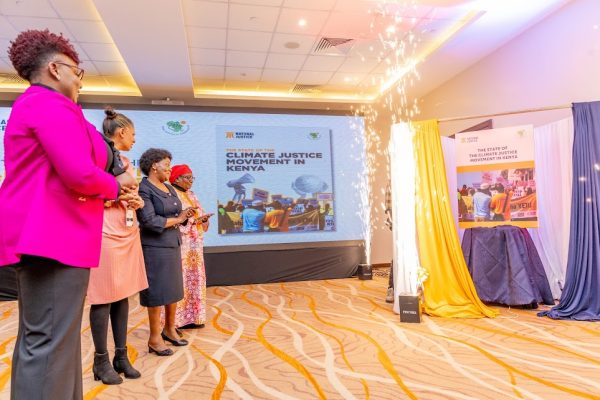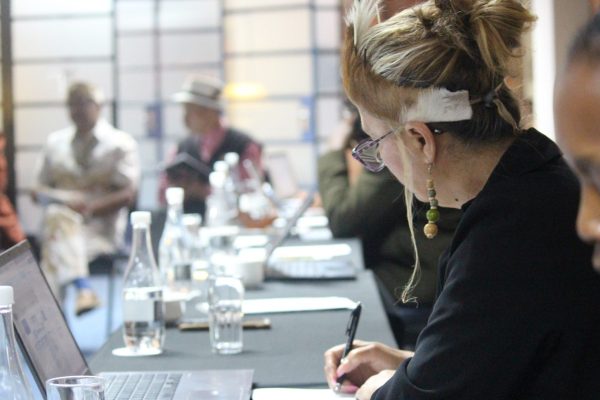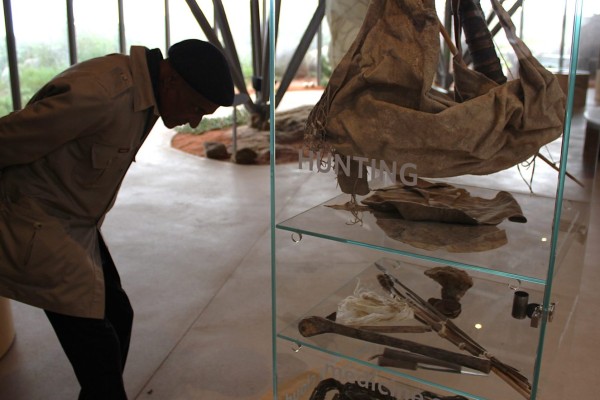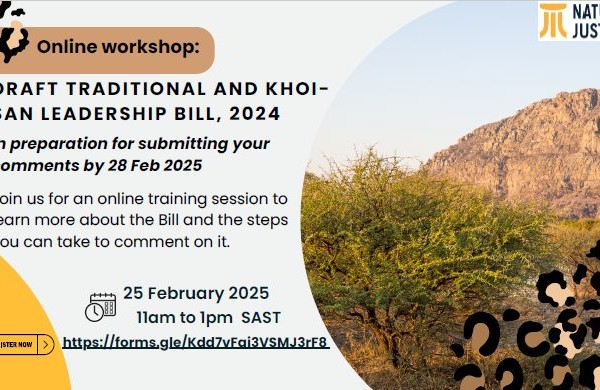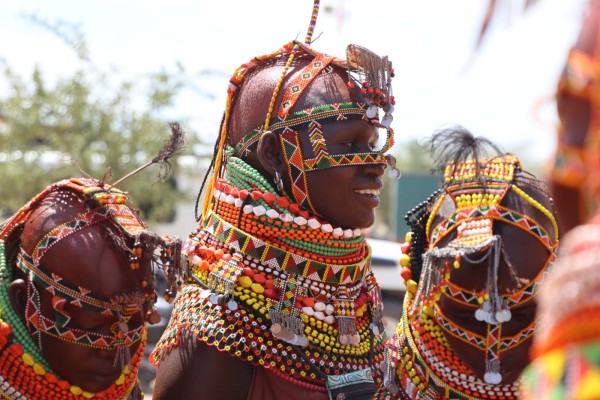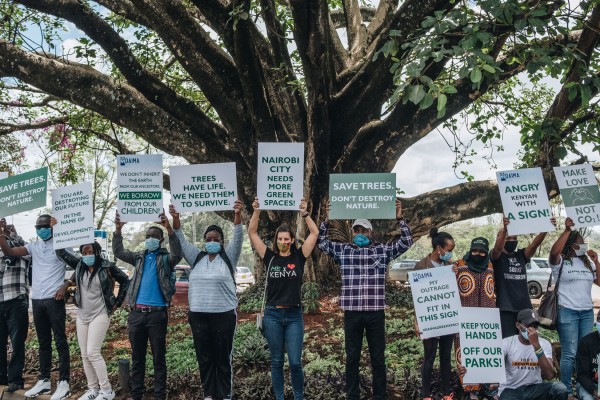Natural Justice has developed a number of draft e-learning modules to support communities developing biocultural community protocols (BCPs) to increase their understanding of key international legal frameworks, concepts and programmes. These modules supplement ‘BCPs: A Toolkit for Community Facilitators’.
The second module in this series examines international law’s recognition of and protections for communities’ traditional knowledge and sustainable uses of biodiversity. Traditional knowledge, innovations, and practices (often referred together as ‘traditional knowledge’) are developed and nurtured over many generations. They are underpinned by spiritual beliefs and customary laws that reinforce communities’ identities, cultures, and ways of life. They enable communities to live within the natural limits of specific territories, areas, or resources upon which they depend for livelihoods and wellbeing. They are also integral to Indigenous languages, spiritual beliefs, and culturally appropriate education, health, and nutrition.
There are several international agreements that address traditional knowledge and customary sustainable uses of biodiversity. The focus of this module is the most prominent agreement, the Convention on Biological Diversity. From the outset of the Convention, the Preamble recognizes “the close and traditional dependence” of many Indigenous peoples and local communities on biological resources. Thereafter, two Articles in particular grant important rights to Indigenous peoples and local communities: Article 8(j) on traditional knowledge, innovations and practices; and Article 10(c) on customary sustainable uses of biodiversity.
The module can be downloaded here. The BCP Toolkit can be downloaded here. The documents are not final and any comments can be directed to Holly Shrumm (holly (at) naturaljustice.org) and Harry Jonas (harry[at]naturaljustice.org).

